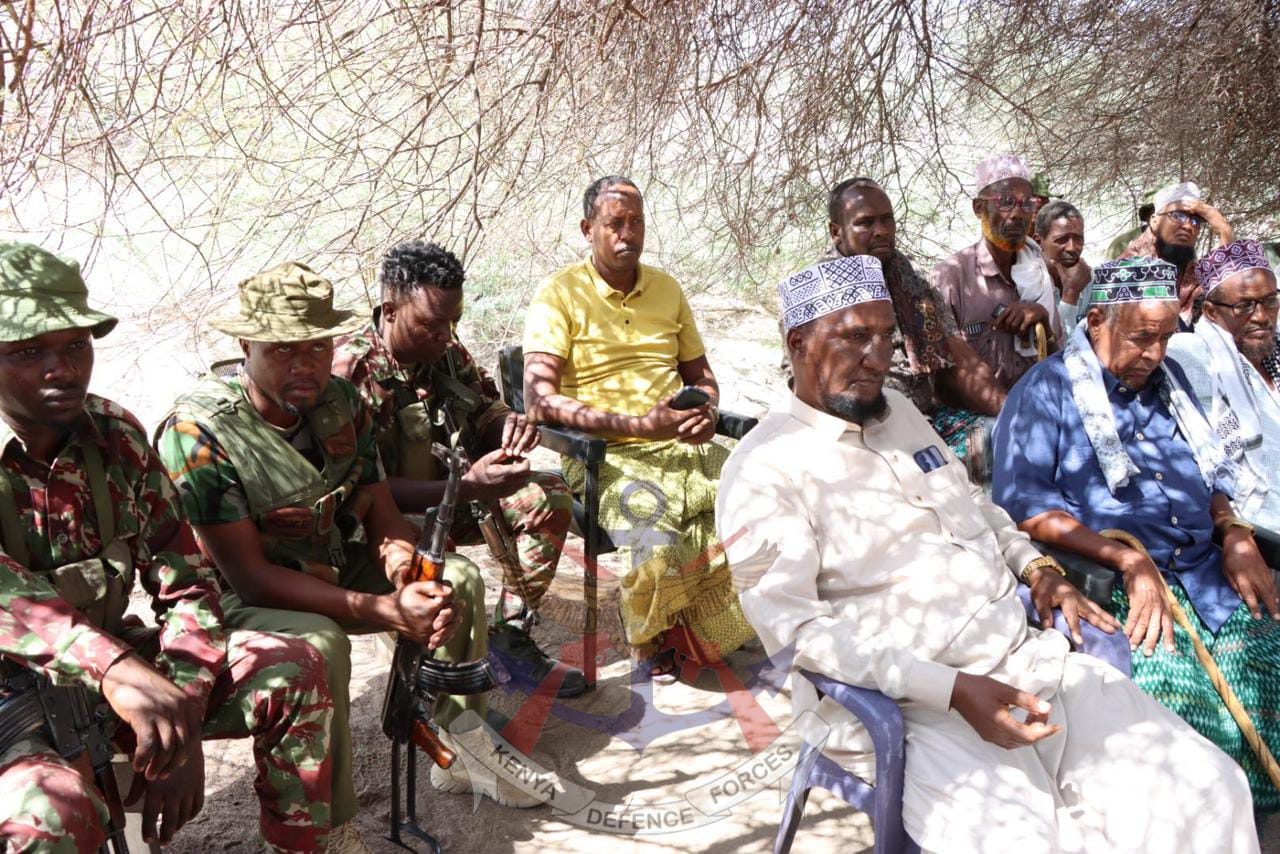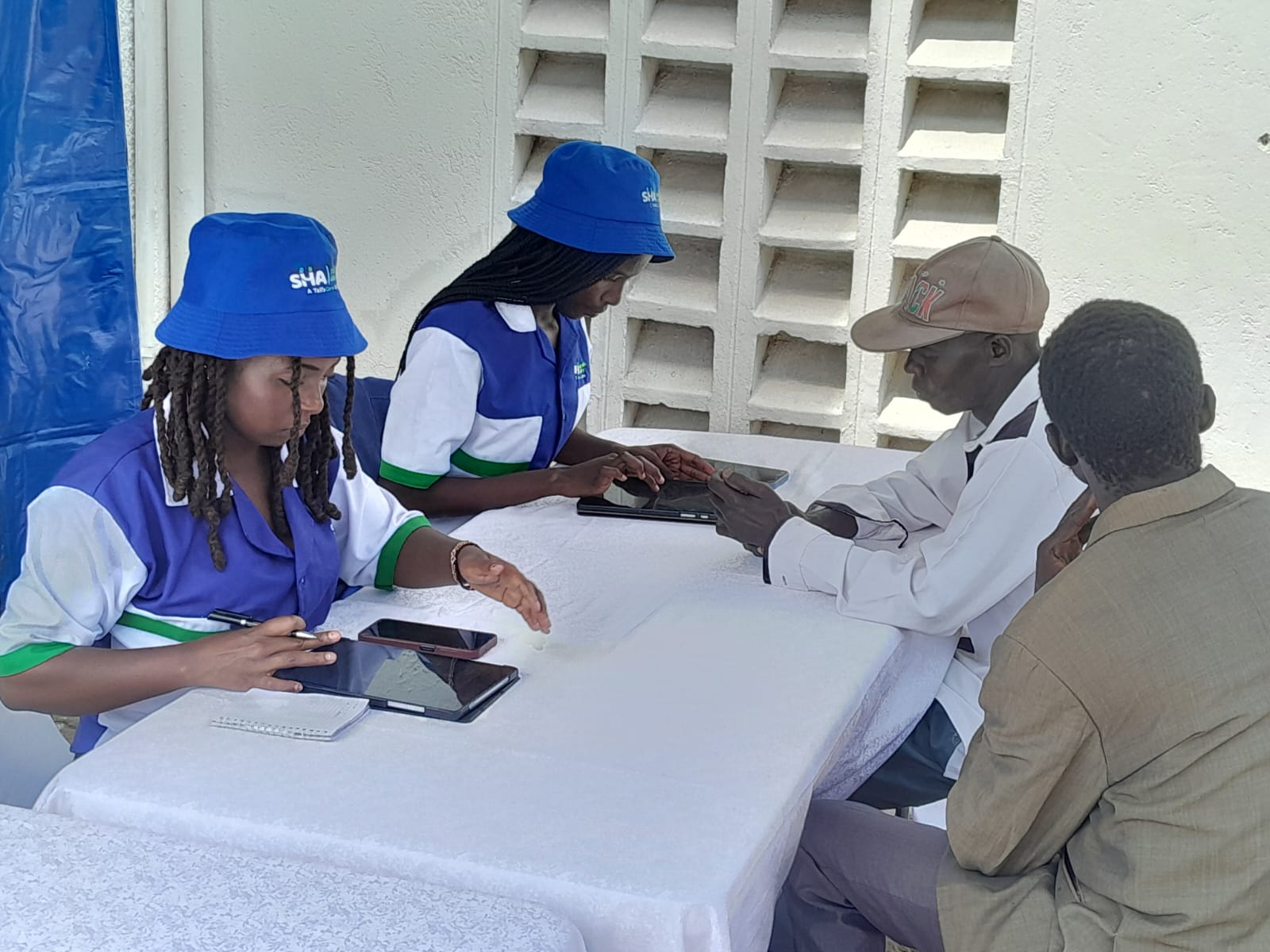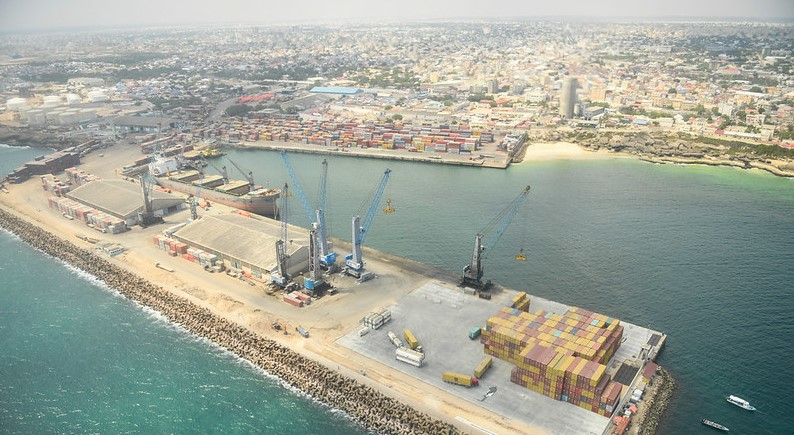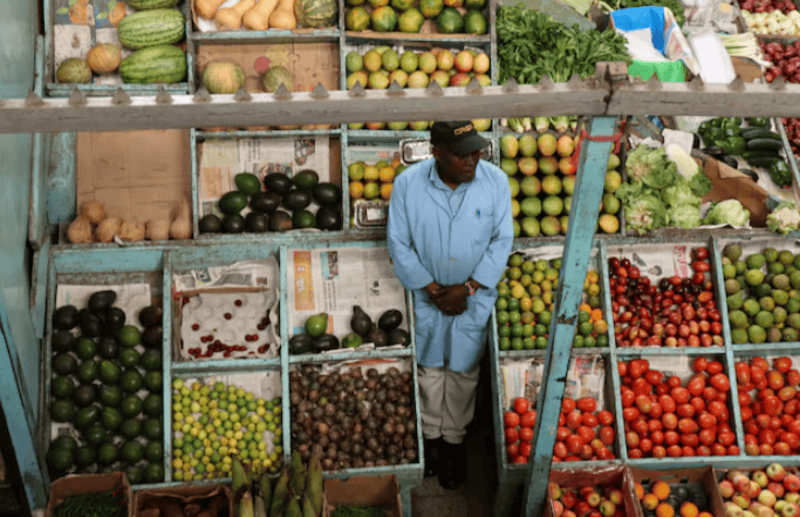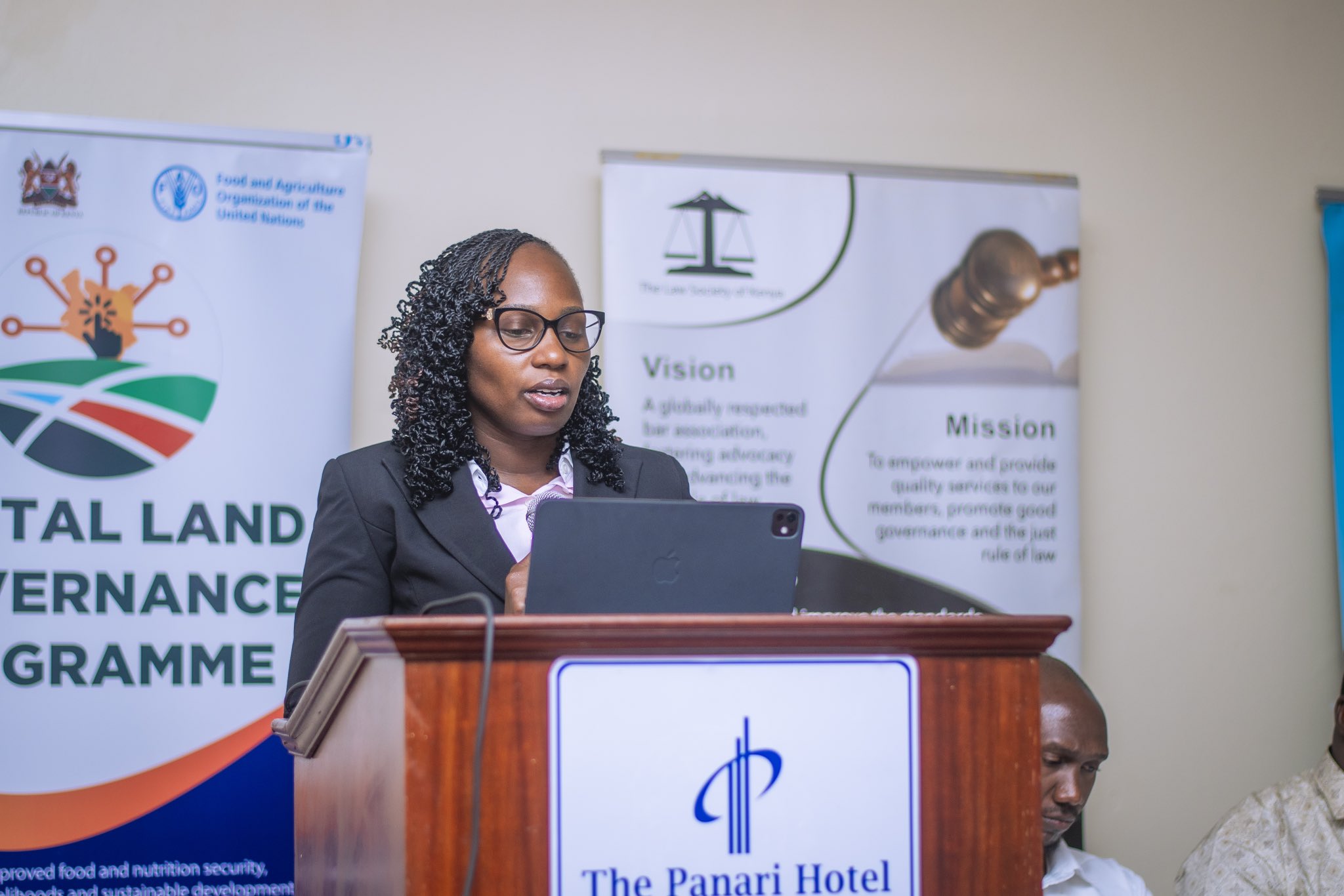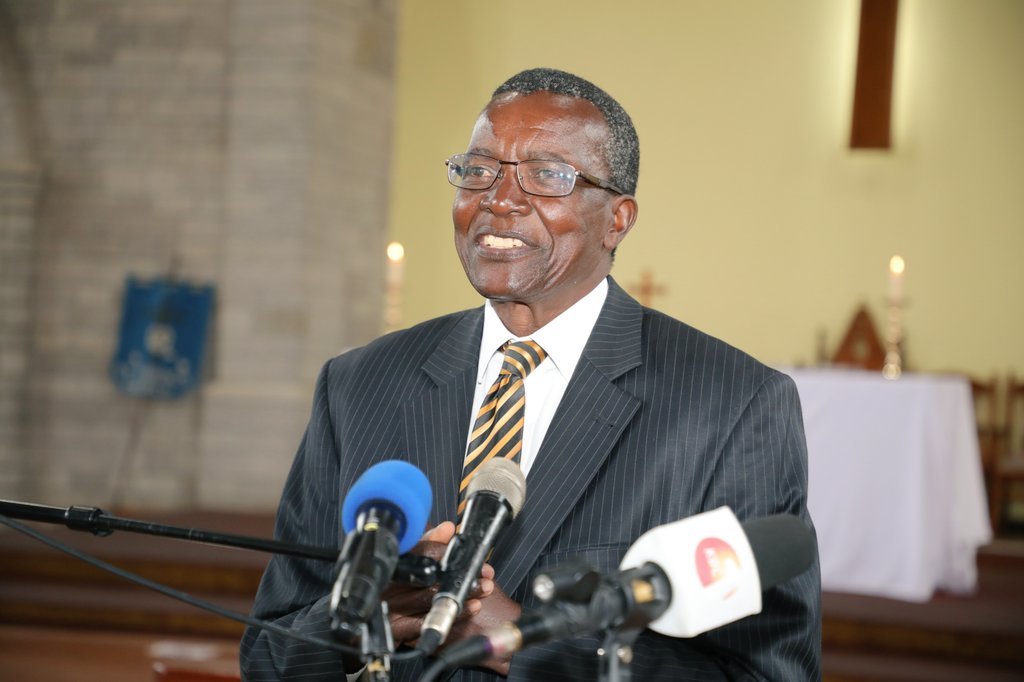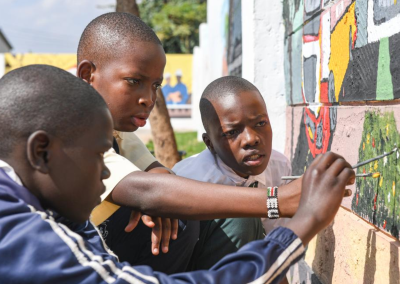Kenya making key gains in fight against Al-Shabaab - report
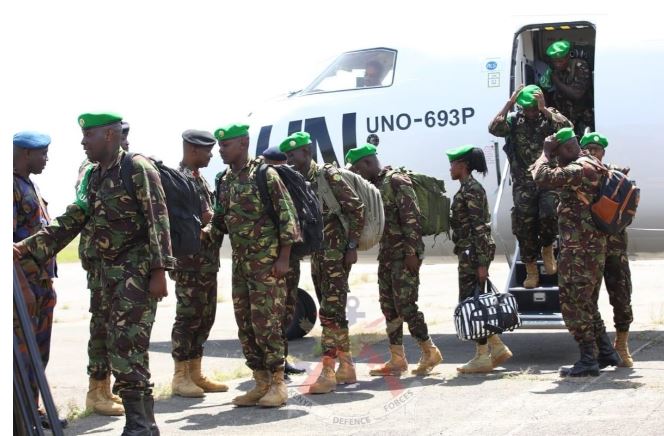
The index, which focuses on the impact of terrorism globally, indicates that attacks by militant groups decreased from "very high" in 2022 to "medium" in 2023.
Kenya has made significant strides in its war against terrorism, according to the Global Terrorism Index (GTI) 2024, which notes that the number of deaths attributed to attacks by the terror group Al-Shabaab has fallen.
The index, which focuses on the impact of terrorism globally, indicates that attacks by militant groups decreased from "very high" in 2022 to "medium" in 2023.
More To Read
- KDF Special Forces kill five Al-Shabaab militants in Boni Forest operation
- Africa lagging in designating ISIL, al-Qaeda entities, UN expert reveals
- Somalia, US hold talks on expanded cooperation on border security, immigration
- Nine police officers injured in IED attack in Garissa County
- Sh647 million bounty offered for Al-Shabaab leader Abdikadir Ikrima behind 2010 Kampala bombings
- Ghana’s security strategy has kept terror attacks at bay: What other countries can learn from its approach
Deaths attributed to the Somalia-based group fell nearly 38 per cent, from 800 in 2022 to 499 in 2023, with 86 per cent occurring inside Somalia and the remaining 14 per cent in Kenya.
Al-Shabaab was responsible for 70 deaths in Kenya in 2023, the most since 2019.
The GTI report uses data from sources including Dragonfly’s Terrorism Tracker database and is by the Sidney-based Institute for Economics and Peace.
It says Kenya scored 5.6/10 in the index, taking position 18, an improvement from the position 20 it held in the GTI for 2023.
After a relatively calm period in the initial months of the year, violent extremist incidents intensified in Kenya during the second half of 2021. Most incidents were perpetrated by Al-Shabaab in the northeast, particularly in Garissa, Wajir and at the coast, in Lamu.
The government and civil society actors collaborated in response to the risk of violent extremism, and as a result, 300 Kenyans left Al-Shabaab and surrendered to local authorities in June 2021.
In the GTI for 2024, Uganda's risk level was also ranked "medium" with a score of 4.37 and in position 27, while Tanzania took 42nd place with a score of 2.26 and was therefore classified as "low-risk".
Burkina Faso had the highest score (8.571), meaning it grapples with the biggest impact of terrorism in the world. Malaysia had the lowest score of 0.192.
Extremists linked to the Islamic State and Al-Qaeda have carried out massacres against civilians in the north of Burkina Faso since 2015. Reports indicate that by December 2023, at least 17,000 soldiers and civilians had been killed in the violence.
Kenya's strategies
In Kenya, ongoing multiagency security operations against Al-Shabaab, in Lamu on the coast and the northeastern region, have led to the killing of top terrorists, the destruction of makeshift camps, and the successful arrest and/ or prosecution of terrorists.
The report appreciates Kenya's efforts in fighting Al-Shabaab within the borders as well as helping Somalia. Kenya has helped strengthen Somalia's security and stability by contributing troops to the African Union Mission in Somalia (AMISOM) and the African Union Transition Mission in Somalia (ATMIS).
The government says it is committed to fighting terrorism to reduce its huge negative impact and to guarantee security and prosperity.
This will be achieved by sustained modernisation of security establishments and equipment to ensure accurate intelligence gathering and processing, bearing in mind the need for precise operations that not only take out malign actors but also deter future incidents.
"There are also deliberate efforts by the government to invest in a soft power approach to empower communities to work with security agencies, especially through sharing information on terrorism activities for action," the government said through the Office of the President.
"Additionally, the government is using a development approach to deal with violent extremism and terrorism by investing in infrastructure and other economic projects like LAPSSET to stimulate the economy across the country."
Threat remains
The report notes, however, that Al-Shabaab still poses a major threat to the country as it has retained its nine-year consecutive record of killing more than 400 people globally every year, through its terror activities.
The index rated the Al-Qaeda affiliate as the fourth deadliest globally, killing 499 people in 227 attacks in 2023.
In Kenya, the report indicates, terrorism deaths attributed to Al-Shabaab increased from 58 to 70 in 2023. Most of the deaths—26—occurred in Lamu, close to the Somali border, and were ten more than the year prior.
"This was followed by Garissa and Mandera counties, which collectively recorded 37 deaths," the report says.
The deadliest Al-Shabaab attacks in Kenya last year involved roadside bombings, one targeting soldiers in Lamu and the other targeting police in Garissa.
Ten people were killed in each attack, with the terror group claiming responsibility.
However, the efforts by the Kenyan government are shown to have blunted the edge of the group and centred most of the carnage in Somalia.
Al-Shabaab's number of global killings declined from the 499 in 2023, indicating that the combat against them is effective.
The report says that part of the problem with Kenya's strategy is the inability to manage the spillover of its operation in Somalia against the group, making them cross over and commission attacks.
It notes that "the surge of Al-Shabaab militants crossing into Kenya [is] compounded by a lack of law enforcement personnel along the border" and that "changes to Kenya's security leadership have exacerbated the situation, leading to a security gap that militants are exploiting to conduct attacks."
Top Stories Today


